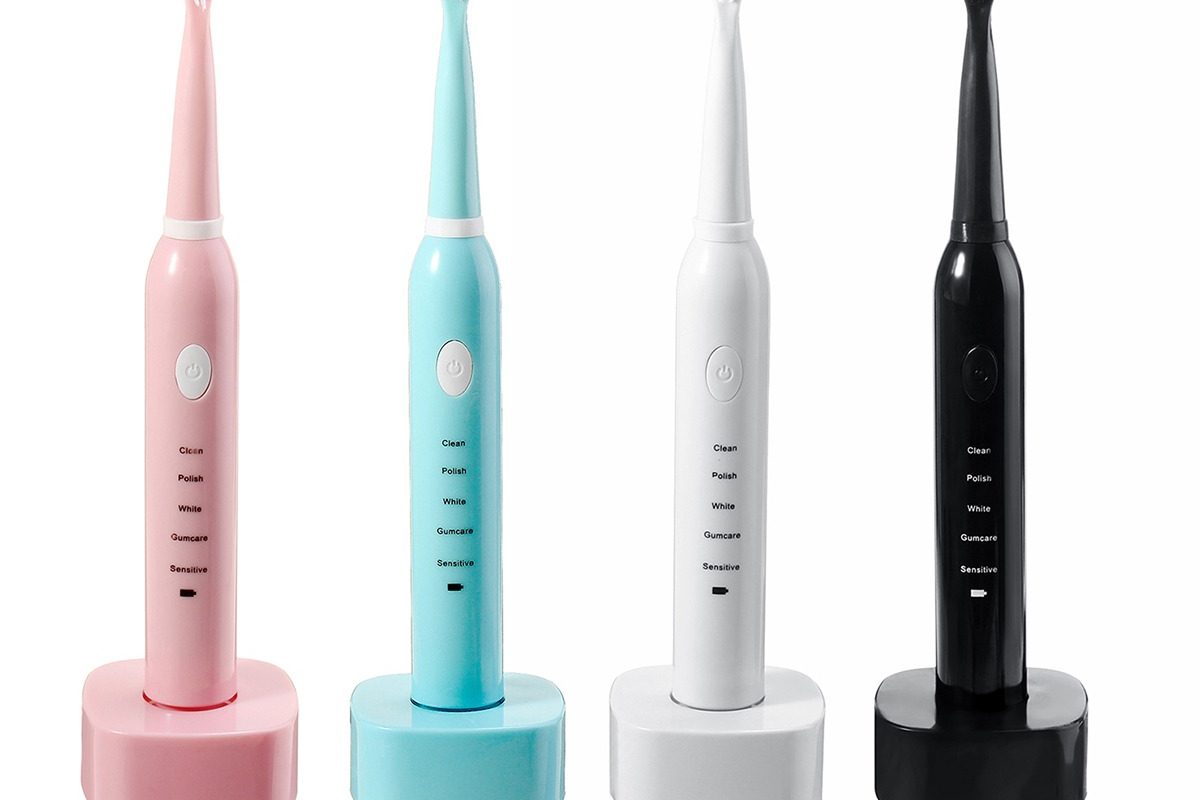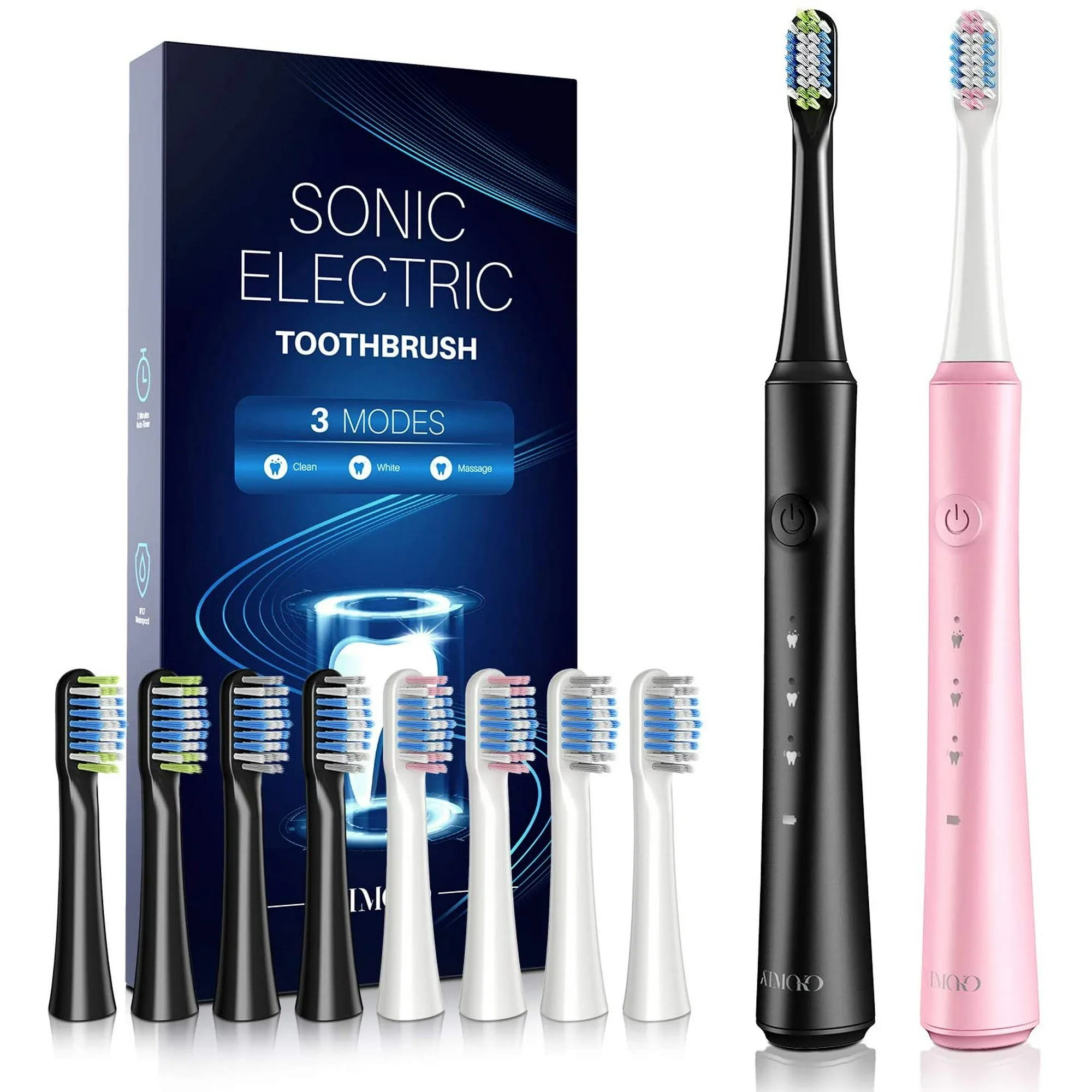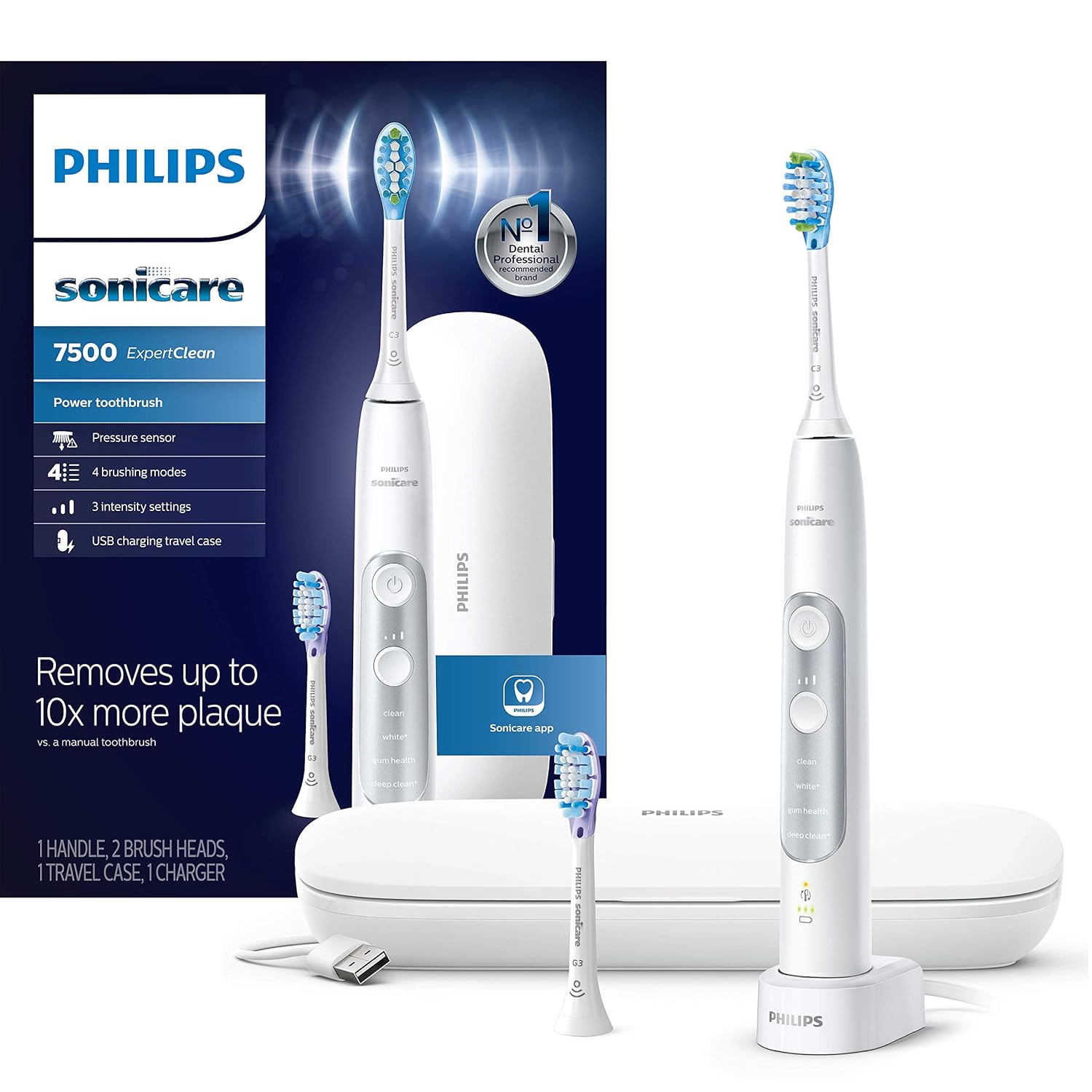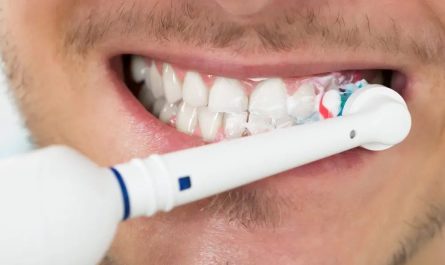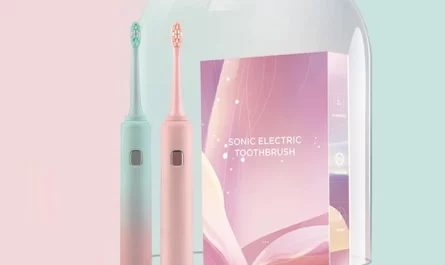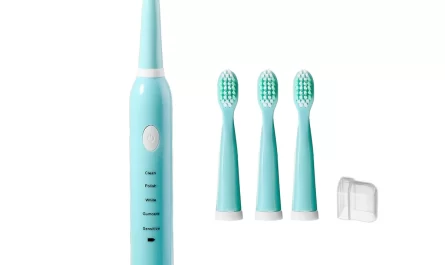Maintaining optimal oral hygiene is essential for overall health, and the toothbrush you choose plays a pivotal role in this endeavor. The debate between electric toothbrush vs sonic toothbrush has gained prominence as technological advancements offer consumers various brushing options. Understanding the differences, benefits, and limitations of each can help you make an informed decision for your dental care routine.
Understanding Electric Toothbrushes
Electric toothbrushes have been around since the 1960s, evolving significantly in technology and functionality. They are powered by batteries or direct electrical connections, providing consistent brushing motions that can enhance plaque removal compared to manual brushing.
Types of Electric Toothbrushes
There are primarily two types of electric toothbrushes:
- Rotary (Oscillating) Brushes: These brushes have heads that rotate in one direction and then the other, often paired with pulsating movements to dislodge plaque.
- Sonic and Ultrasonic Brushes: Operating at higher frequencies, these brushes use sonic or ultrasonic vibrations to create cleaning actions beyond the physical brushing.
Benefits of Electric Toothbrushes
- Consistent Brushing Motion: Electric toothbrushes deliver uniform brushing patterns, ensuring comprehensive coverage.
- Ease of Use: For individuals with limited dexterity, such as arthritis patients, electric brushes can simplify the brushing process.
- Built-in Timers: Many models feature timers to ensure users brush for the recommended two minutes.
Features to Consider
When selecting an electric toothbrush, consider the following features:
- Brush Modes: Options like sensitive, whitening, or gum care modes cater to specific dental needs.
- Battery Life: Depending on your travel frequency, rechargeable models might be more convenient.
- Interchangeable Heads: Availability of different brush heads can customize the brushing experience.
Exploring Sonic Toothbrushes
Sonic toothbrushes represent a category within electric toothbrushes that leverage high-frequency vibrations to enhance oral cleaning. Typically operating at sonic frequencies, these brushes create dynamic fluid actions that reach areas beyond the bristles.
How Sonic Toothbrushes Work
Sonic toothbrushes vibrate at speeds exceeding 30,000 strokes per minute. These rapid movements generate powerful fluid dynamics, producing secondary cleaning actions such as fluid turbulence, which helps dislodge plaque and debris even in hard-to-reach areas.
Advantages of Sonic Technology
- Enhanced Plaque Removal: The sonic vibrations can penetrate deeper between teeth and along the gum line.
- Gentle on Gums: Despite the vigorous cleaning action, sonic toothbrushes are designed to be gentle, reducing the risk of gum irritation.
- Whitening Effects: The dynamic action can aid in removing surface stains, contributing to a whiter smile.
Popular Sonic Toothbrush Models
Brands like Philips Sonicare have pioneered sonic toothbrush technology, offering models with various features such as pressure sensors, multiple brushing modes, and connectivity with mobile apps for tracking brushing habits.
Electric vs Sonic: Key Differences
While all sonic toothbrushes are a type of electric toothbrush, not all electric toothbrushes are sonic. Understanding the distinctions can clarify which category best suits your needs.
Motion and Frequency
- Electric Toothbrushes: Generally utilize oscillating or rotating movements with moderate frequencies.
- Sonic Toothbrushes: Employ high-frequency vibrations, creating extensive fluid dynamics for deeper cleaning.
Cleaning Mechanism
- Electric Toothbrushes: Rely on the mechanical motion of the bristles to remove plaque through direct contact.
- Sonic Toothbrushes: Combine mechanical brushing with sonic vibrations, enhancing the cleaning process through secondary fluid actions.
Price and Availability
Sonic toothbrushes often come at a higher price point due to their advanced technology. However, many reputable electric toothbrush options are available across various budgets, providing effective oral care without the additional sonic features.
Health Benefits of Using Electric and Sonic Toothbrushes
Both electric and sonic toothbrushes offer significant health benefits compared to traditional manual brushing.
Improved Plaque Removal
Studies have shown that electric and sonic brushes can remove more plaque, especially in hard-to-reach areas, reducing the risk of cavities and gum disease.
Enhanced Gum Health
Regular use of these toothbrushes can lead to healthier gums by minimizing inflammation and preventing gingivitis.
Better Prevention of Tartar Build-up
Consistent and thorough cleaning prevents tartar accumulation, which is harder to remove and can lead to more severe dental issues.
Considerations When Choosing Between Electric and Sonic Toothbrushes
Selecting the right toothbrush depends on individual preferences, dental needs, and lifestyle factors.
Personal Dental Needs
Individuals with specific dental conditions, like sensitive teeth or braces, might benefit more from the gentle yet effective cleaning of sonic toothbrushes.
Budget Constraints
Electric toothbrushes offer a broad range of options suitable for different budgets, whereas sonic toothbrushes might require a higher investment.
Lifestyle and Convenience
For those who travel frequently, an electric toothbrush with a long battery life and portability might be more suitable, regardless of whether it’s sonic or standard electric.
Maintenance and Longevity
Proper maintenance ensures the toothbrush’s effectiveness and longevity, whether you choose electric or sonic.
Cleaning the Brush
Regularly rinsing the brush head and storing it in a dry place prevents bacteria growth and maintains hygiene.
Replacing Brush Heads
Replacing the brush head every three months or sooner if bristles are frayed ensures optimal cleaning performance.
Battery Care
For rechargeable models, following manufacturer guidelines on charging cycles can prolong battery life.
User Experience and Preferences
Comfort and ease of use are crucial factors influencing the choice between electric and sonic toothbrushes.
Ergonomics and Design
Modern toothbrush designs prioritize ergonomic handles and lightweight materials for a comfortable grip and easy maneuverability.
Noise Levels
Sonic toothbrushes may produce more noise due to higher vibration frequencies, which might be a consideration for some users.
Feedback and Smart Features
Advanced models offer features like pressure sensors and connectivity with apps to provide real-time feedback and track brushing habits, enhancing user engagement and effectiveness.
Cost Analysis: Electric vs Sonic
Understanding the cost implications helps in making a budget-conscious choice.
Initial Investment
Sonic toothbrushes generally have a higher upfront cost due to their advanced technology, while electric toothbrushes offer a wider range of price points.
Ongoing Costs
Replacement brush heads are a recurring expense; sonic toothbrushes might require more frequent replacements if used extensively.
Long-term Value
Investing in a higher-priced sonic toothbrush could offer better oral health outcomes in the long run, potentially reducing dental care costs by preventing problems.
Environmental Impact
Considering the environmental footprint is increasingly important when choosing oral care products.
Battery Usage
Rechargeable toothbrushes reduce the need for disposable batteries, making them more eco-friendly compared to battery-operated electric brushes.
Material Sustainability
Brands are moving towards using recyclable materials and reducing plastic waste in toothbrush manufacturing.
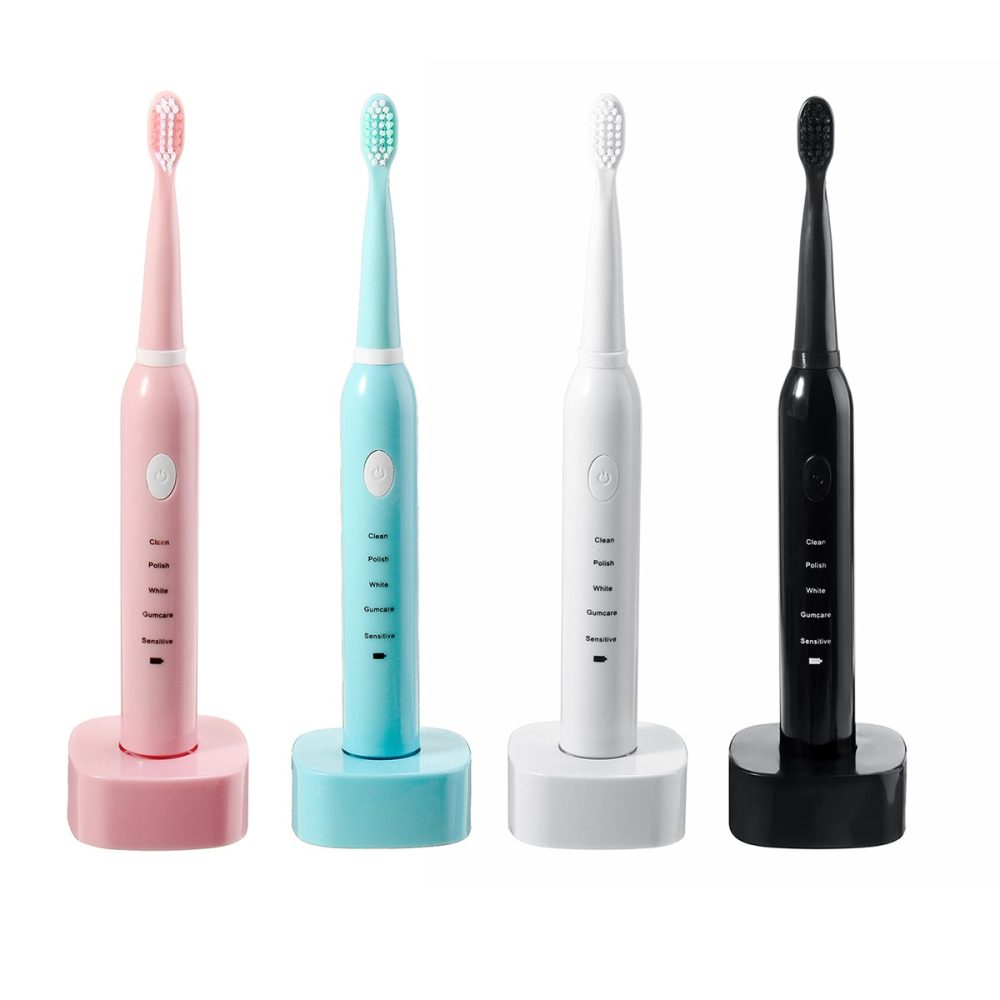 Expert Recommendations
Expert Recommendations
Dental professionals often recommend electric toothbrushes over manual ones for their superior plaque removal and ease of use. Sonic toothbrushes, with their enhanced cleaning capabilities, are frequently suggested for individuals with specific dental needs or those seeking a more thorough clean.
Endorsements by Dental Associations
Organizations like the American Dental Association (ADA) endorse the use of powered toothbrushes, including electric and sonic types, as effective tools for maintaining oral hygiene.
Clinical Studies
Numerous studies support the efficacy of both electric and sonic toothbrushes in improving dental health, with some indicating slight superiority of sonic models in certain aspects like gingival health.
Conclusion
In the comparison of electric toothbrush vs sonic toothbrush, both offer significant advantages over manual brushing, enhancing oral hygiene through consistent and effective cleaning actions. Electric toothbrushes provide a reliable and user-friendly solution suitable for a wide audience, while sonic toothbrushes, with their advanced vibrations and fluid dynamics, offer a deeper clean for those seeking additional benefits. Ultimately, the choice between electric and sonic toothbrushes should be guided by individual dental needs, budget considerations, and personal preferences. Investing in either option is a step towards better oral health, ensuring a brighter, healthier smile for years to come.

